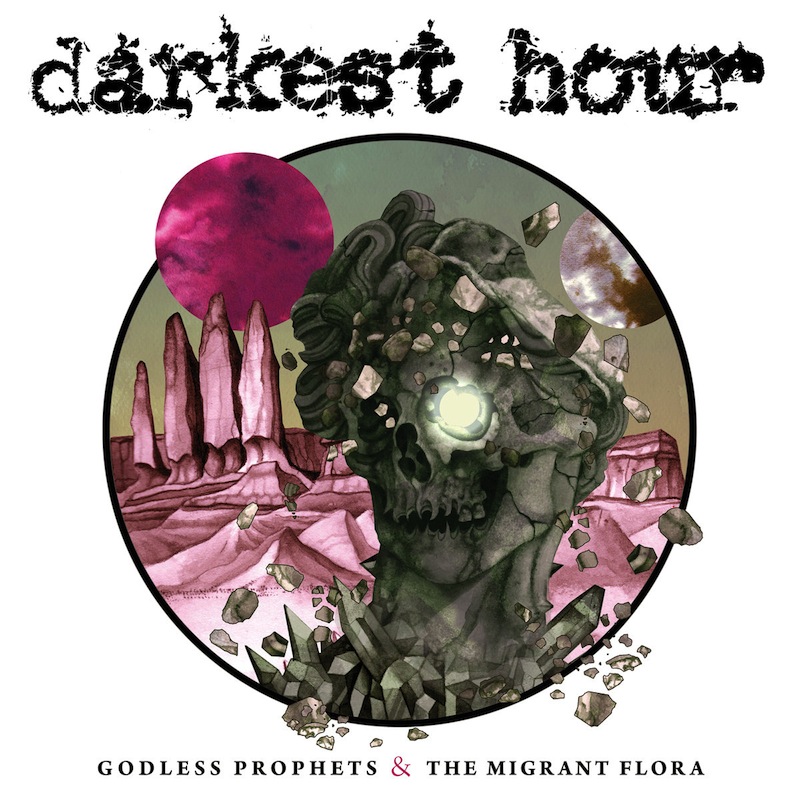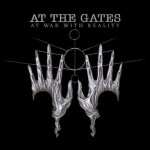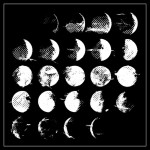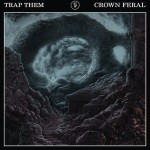Darkest Hour : Godless Prophets & The Migrant Flora

Death metal’s internal division is along the line that separates technical proficiency and/or progressive composition from visceral immediacy and/or accessibility. You can be all of those things at once—like Immolation’s newest album, for instance—but ultimately most bands, and by extension their fans, will have to choose a side: Would you rather stretch the limits of human capability, or would you rather aim for something that leaves the most immediate impact. The paradox, of course, is that most of the best bands in the latter category are more than capable of delivering incredible feats of instrumental dynamics. Washington, D.C.’s Darkest Hour, for instance, have been doing that for nearly two decades, often blurring the lines between hardcore and death metal because of their concise, direct approach. And in their greatest moments, like new album Godless Prophets & The Migrant Flora, they seem to exist in both worlds at once.
Darkest Hour’s hardcore roots are never far from the surface on Godless Prophets. From the opening feedback shriek of leadoff track “Knife in the Safe Room,” the group gets straight to the d-beat gallop. No fuckery, no fancy stuff, just power-chord pummel at the speed of Trap Them or Converge in their most bloodthirsty moments. Yet for Darkest Hour, simplicity and restraint aren’t necessarily the same thing; within the track’s less-than-three-minute span, there’s a dramatic change in tempo, a fiery guitar solo and a choppy breakdown to close the whole thing out. If this is hardcore, it’s not basic or bare bones. It’s explosive at every turn.
In their more explicit death metal moments, however, Darkest Hour still display an admirable sense of economy and melody. “This is the Truth” finds them wielding the melodic sensibility and guitar-harmony chops to go toe to toe with At the Gates in their prime, while “Timeless Numbers” bears an off-kilter melody and arpeggiated darkness that bears the kind of layered approach and shift in tone with the potential to reveal something new on each listen, no matter how harshly John Blackmore Henry’s vocal bark cuts through its magnificent architecture. And on moments such as “The Flesh and the Flowers of Death,” they manage to find a proper mix of epic and catchy, no sacrifice of intensity necessary.
The deeper into Godless Prophets & The Migrant Flora, the more progressive Darkest Hour become. The gorgeous, acoustic interlude “Widowed” is the dividing line, signifying that all beyond this barrier lies the band’s most heroic moments. On the uncharacteristically slow “Enter Oblivion,” Darkest Hour shows off the kind of four-chord chug that could almost be mistaken for radio friendly, whereas “The Last of the Monuments” seems to compress all aspects of Darkest Hour’s sonic makeup into five minutes: Gothenburg gallop, blistering hardcore menace, traditional death metal darkness and even some traces of gothic rock. Darkest Hour don’t choose sides on Godless Prophets, but rather take a wrecking ball to arbitrary borderlines.
Similar Albums:
 At the Gates – At War With Reality
At the Gates – At War With Reality
 Converge – All We Love We Leave Behind
Converge – All We Love We Leave Behind
 Trap Them – Crown Feral
Trap Them – Crown Feral
Jeff Terich is the founder and editor of Treble. He's been writing about music for 20 years and has been published at American Songwriter, Bandcamp Daily, Reverb, Spin, Stereogum, uDiscoverMusic, VinylMePlease and some others that he's forgetting right now. He's still not tired of it.

